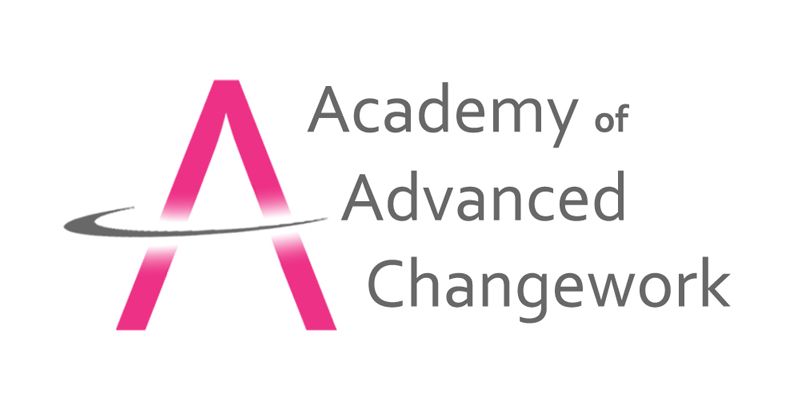
Is learning to be a hypnotherapist at a distance a good idea?
Distance learning courses do not have the associated costs of venue hire, refreshments, and transport for the school. This brings down the price, making them more attractive. But this can be a false economy because few newly qualified hypnotherapists will have the confidence to practice by the end of the course and most will decide to train again live.
Professional Association recognition is generally non-existent for distance learning at home. Some have a lower band of membership. They may receive the association’s magazine and conference invites. The association won’t list the practitioner as a full member in their public listings, and the member will typically have no voting rights or voice. They will, however, be adhering to a code of ethics and the membership may assist in obtaining insurance.
The value of such a course in real-world practice is low unless the new hypnotherapist is also an excellent marketer and can counterbalance the general lower confidence the public may have where there is no full membership.
It is very doubtful whether any distance course can prepare a hypnotherapist properly without some serious one-on-one tutor-student investment. It is rare for a home study course to include a trainer watching live sessions with real clients and providing real-time feedback.
Recorded sessions with clients may be watched by higher quality distance learning providers but this is time-costly. In a classroom, the tutor can move around many students, keeping an eye on all. All are paying and present in one group. Individual attention, observing and assisting students, one by one, will undoubtedly add substantially to cost, probably negating any price benefit over live training.
The quality of learning is usually low. Hypnotherapy is a practical set of skills that can only be truly learned and implemented by ‘doing’, rather than simply ‘knowing’ because eventually, the therapist must ‘do’. A student needs live, supervised practice with an experienced tutor and peers so they can get feedback before taking their skills into a real-world situation with clients.
If a prospective student’s reasoning for distance learning is due to living in a remote area with poor public transport (Australia is a vast and sparsely populated country, for example), there can be value in distance learning if live training is not feasible. However, further consideration is whether such a small and remote community has sufficient work for a hypnotherapist unless they are planning to work online. Thorough market research is advisable.
Distance learning is more suited to people wanting to learn just for interest or to work on themselves using self-hypnosis, which they can do without risk to the paying public. It is not beyond the realms of possibility that distance learning can be excellent, but it is improbable, given these issues.
Distance learning may also be used as a preparatory course for classroom learning, or revision with a different perspective following a classroom-based course. This, however, is unlikely to add enough to warrant the additional cost.






